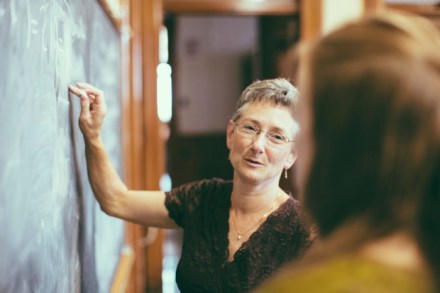The SNP is failing Scottish pupils by blocking free schools
The SNP is consistently criticised for failing to close the achievement gap between the best and worst Scottish state schools. After nine years in control of education, the latest statistics from the Programme for International Student Assessment (PISA) underline just what a failure the SNP has been when it comes to education; this year, Scottish schoolchildren recorded their worst ever performance in the international survey. While policy-makers in England are looking at the next wave of reforms to follow the ongoing free schools revolution, things north of the border are rather different. In Scotland, the new Cabinet Secretary for Education, John Swinney, has ruled out any change which would involve removing



















